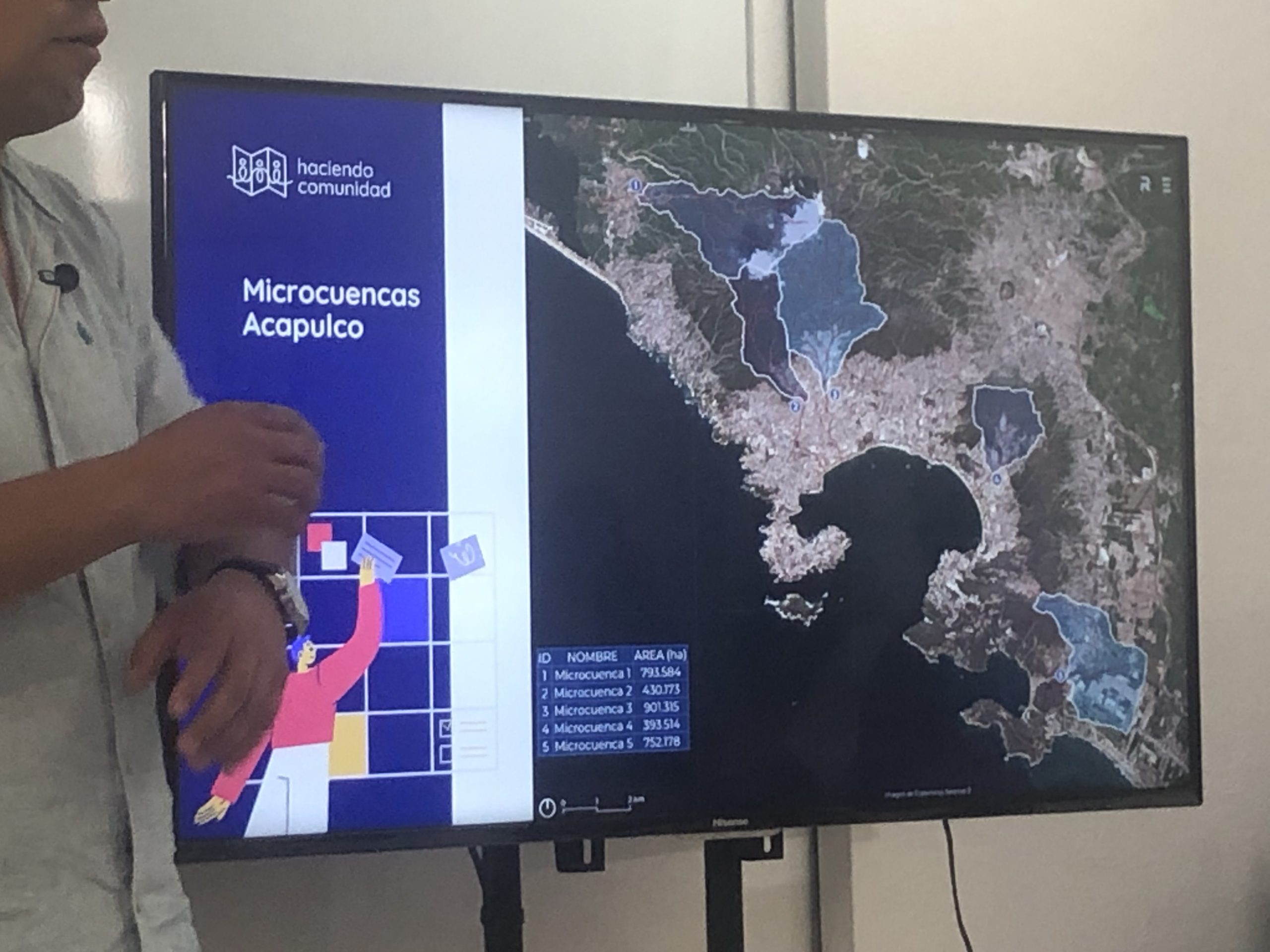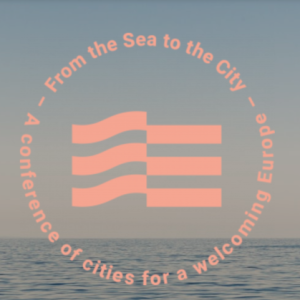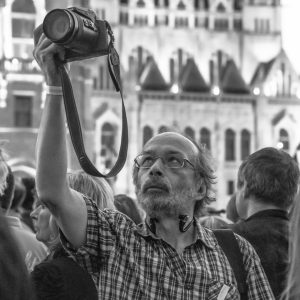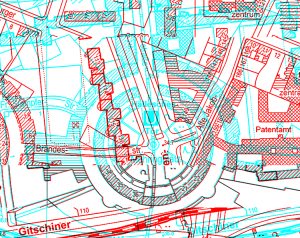In June, the Fundaciòn Hogares welcomed our Senior Researcher Lorenzo Tripodi to contribute to the launch of a participatory process for a new post-hurricane recovery and resilience plan for the Alto Progreso and Coloso districts in Acapulco, Mexico.
Fundaciòn Hogares is a non-profit Private Assistance Institution, working at the national level to improve the welfare of people living in social housing communities in Mexico. The Contingency Programme adheres to a long-term vision of transformation that seeks collective wellbeing for neighbours who have been affected by a contingency, and the Foundation’s previous participation has been in the such cases as the Hurricane Odile in Los Cabos and La Paz, Baja California Sur, 2014, Tornado in Ciudad Acuña, Coahuila, 2015 and earthquake in Jojutla, Morelos 2017. The Contingency Programme is led by a team of professional experts in community, urban, environmental, architectural and social responsibility issues.

Deriving from the impacts caused by Huaracan OTIS category 5 in the city of Acapulco, Fundación Hogares identified the potential to effectively adapt urban areas to the impacts of climate change. Green infrastructure, including parks, green areas and sustainable water management systems, contributes to improving the quality of life of inhabitants and plays an essential role in adapting to the adverse effects of climate change.

Participating to this event was an incredible opportunity to learn about the reality of blue collar communities on the outskirts of the touristic metropolis, receive insight into Mexican social housing policies, and connect with a vibrant and engaged local community. A team of urban planners, architects, social workers, and facilitators developed a strategy for involving the local community in decision-making and execution, conducted on-site surveys, and met with community members to discuss project needs and resources.




